OCR - AI-Powered Text Extraction
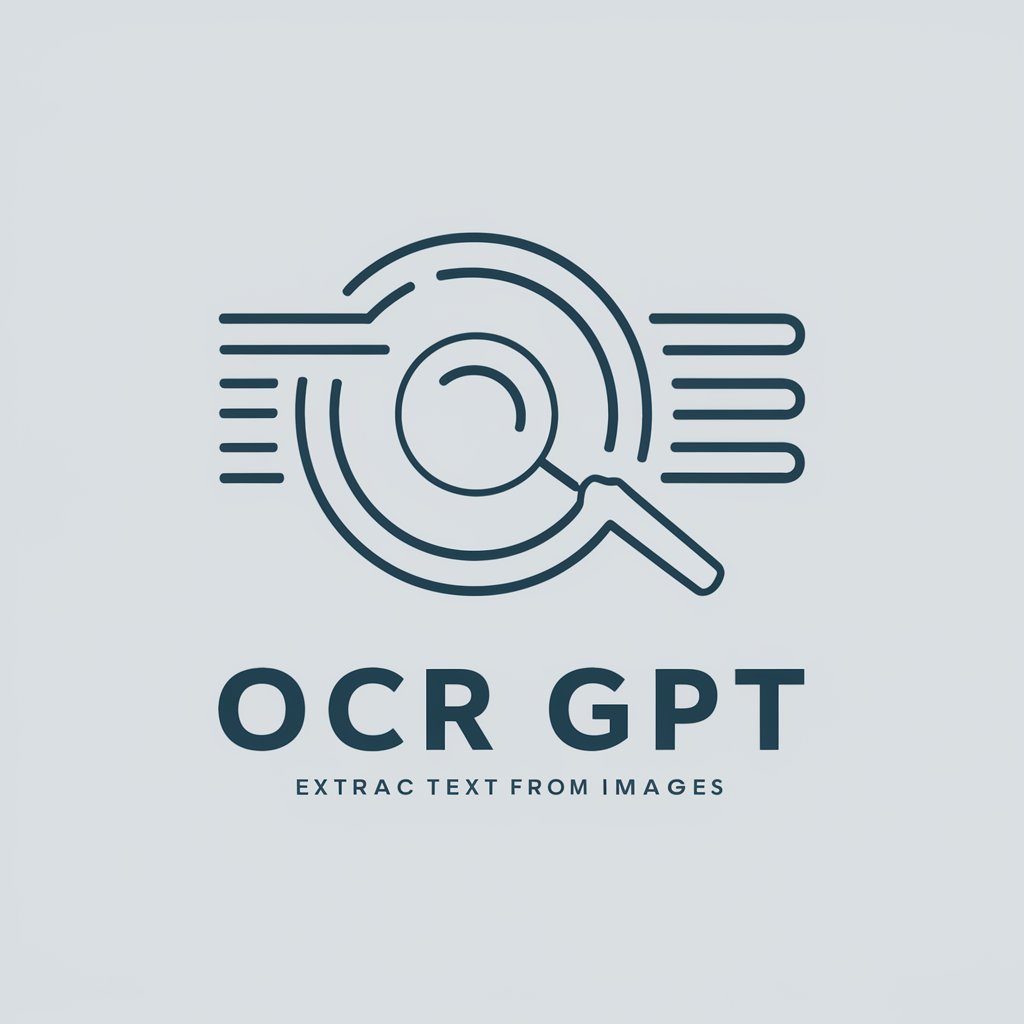
Hello! I'm here to help you extract text from images and PDFs.
Transforming Documents into Digital Data with AI
Extract text from this image and convert it to markdown format:
Convert the text from this PDF document into a JSON file:
Transform the content of this scanned document into an HTML layout:
Identify and extract the tables from this PDF and provide them in CSV format:
Get Embed Code
Overview of OCR
Optical Character Recognition (OCR) is a technology that converts different types of documents, such as scanned paper documents, PDF files or images captured by a digital camera, into editable and searchable data. The primary function of OCR is to digitize printed texts so that they can be electronically edited, searched, stored more compactly, displayed online, and used in machine processes such as cognitive computing, machine translation, (extracted) text-to-speech, key data and text mining. OCR is widely used to digitize historical documents and texts, thus making them more accessible and editable. It's also commonly used in the automation of business processes, where it can extract data from documents like invoices, bank statements, and identity documents for further processing. Powered by ChatGPT-4o。

Key Functions of OCR
Text Extraction
Example
Extracting text from a scanned historical manuscript.
Scenario
Historians can use OCR to digitize ancient texts, making them searchable and editable for research and preservation.
Data Entry Automation
Example
Automating data extraction from invoices for accounting purposes.
Scenario
Businesses can use OCR to automatically extract and input data from invoices into their accounting systems, reducing manual data entry errors and improving efficiency.
Accessibility Enhancement
Example
Converting printed educational materials into digital formats for screen readers.
Scenario
Educational institutions can use OCR to make printed materials more accessible to students with visual impairments, allowing them to access the text through screen reading software.
Document Management
Example
Digitizing legal documents for easier search and retrieval.
Scenario
Law firms can use OCR to convert their vast repositories of paper documents into searchable digital files, simplifying the process of finding relevant documents for cases.
Target User Groups for OCR Services
Academic Researchers and Historians
This group benefits from OCR by being able to convert historical texts and research papers into digital formats for easier analysis, search, and archiving.
Businesses and Corporations
Companies across various sectors use OCR for automating data entry, processing invoices, managing documents, and complying with digital record-keeping requirements.
Legal Professionals
Lawyers and legal staff use OCR to manage large volumes of legal documents, making it easier to search for specific case-related information.
Libraries and Archivists
OCR helps in digitizing books, manuscripts, and archives, making them accessible to a broader audience and preserving them for future generations.
Individuals with Visual Impairments
OCR technology aids in converting printed text into digital formats that can be used with screen readers, enhancing accessibility for visually impaired individuals.

How to Use OCR
Initiate the Process
Visit yeschat.ai for a free trial without login, and no need for ChatGPT Plus.
Upload Document
Select and upload the document or image file containing the text you wish to extract. Ensure the document is clear and legible for optimal accuracy.
Choose Output Format
Specify your desired output format (markdown, txt, json, or html) for the extracted text.
Start OCR Processing
Initiate the OCR process. The tool will scan the document, recognizing and extracting text even from complex layouts.
Download and Review
Once processing is complete, download the extracted text. Review for accuracy and make any necessary adjustments.
Try other advanced and practical GPTs
Speech Coach
Elevate Your Oratory with AI

Dr. Data
Empowering Decisions with AI-Driven Data Insights
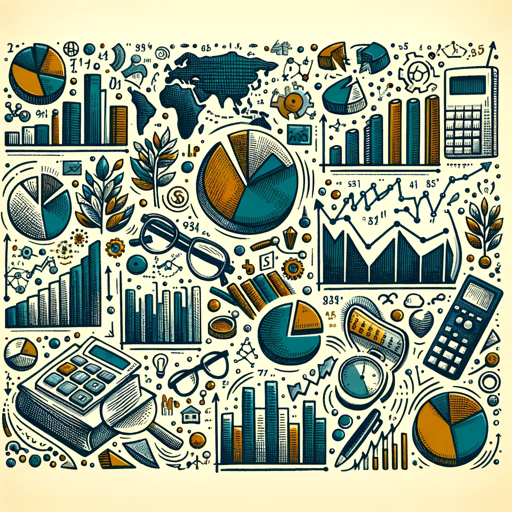
Anatomy Illustrator
Bringing Anatomy to Life with AI
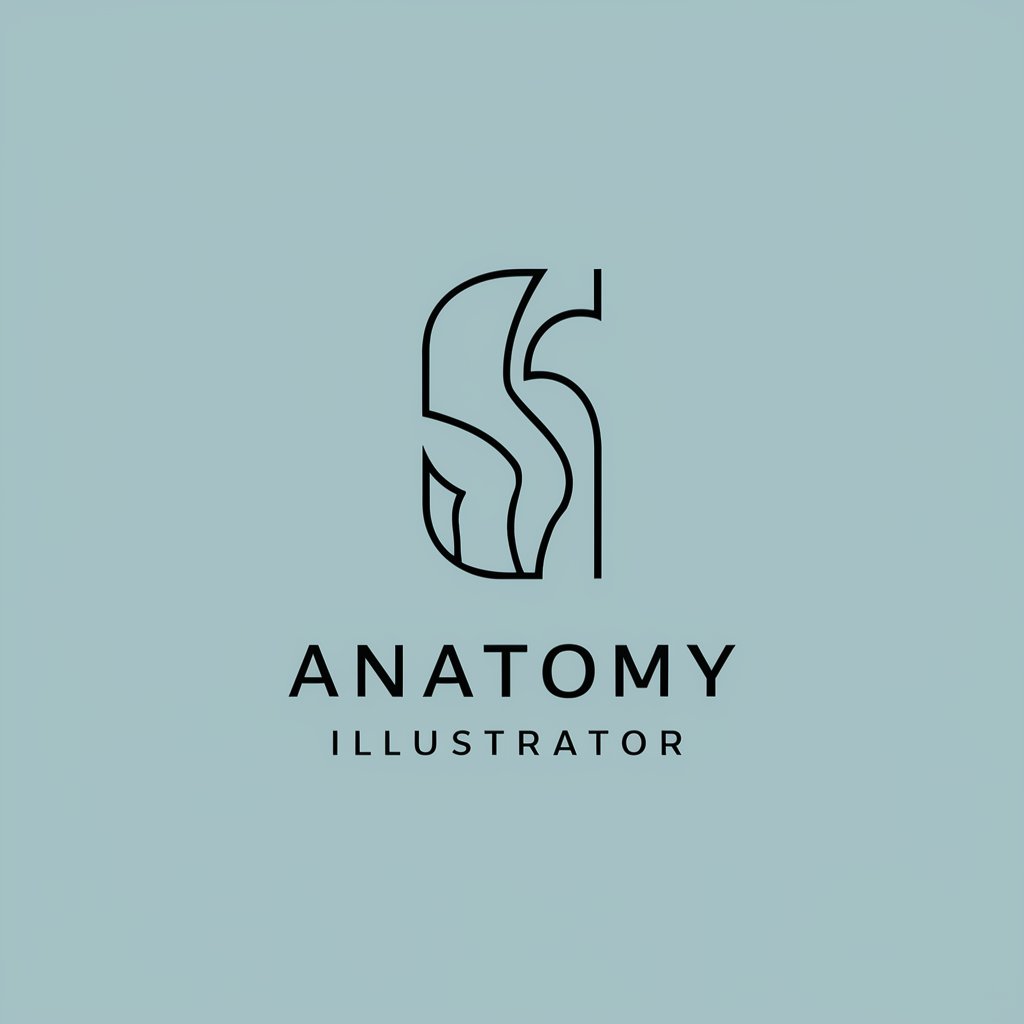
バーテンダー
Your AI-powered guide to drinks, movies, and pairings

Geeky Gary
Empowering Digital Success with AI
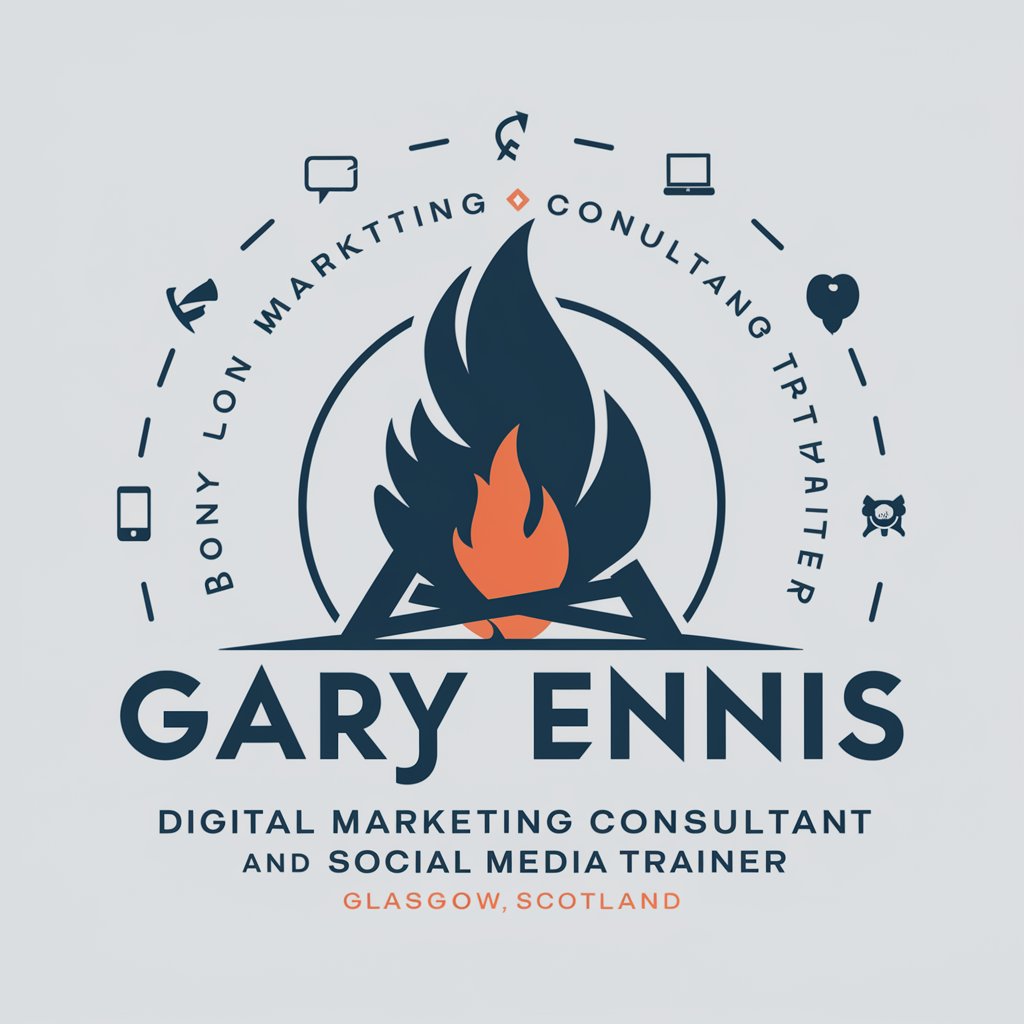
翻訳えもん(ウルドゥー語)
Bridging Languages with AI
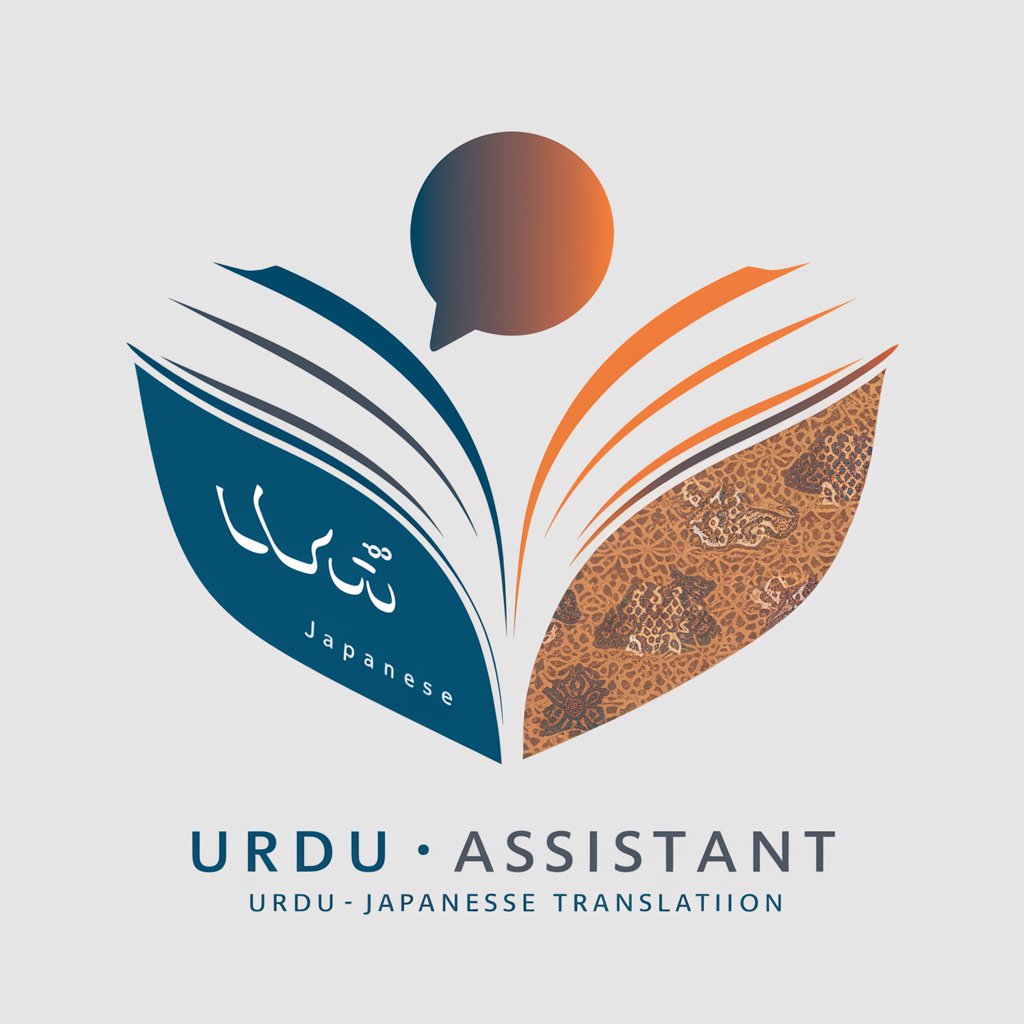
ABP (Aprendizaje Basado en Proyectos) - ProfesTV
Empowering Learning Through AI-Driven Projects
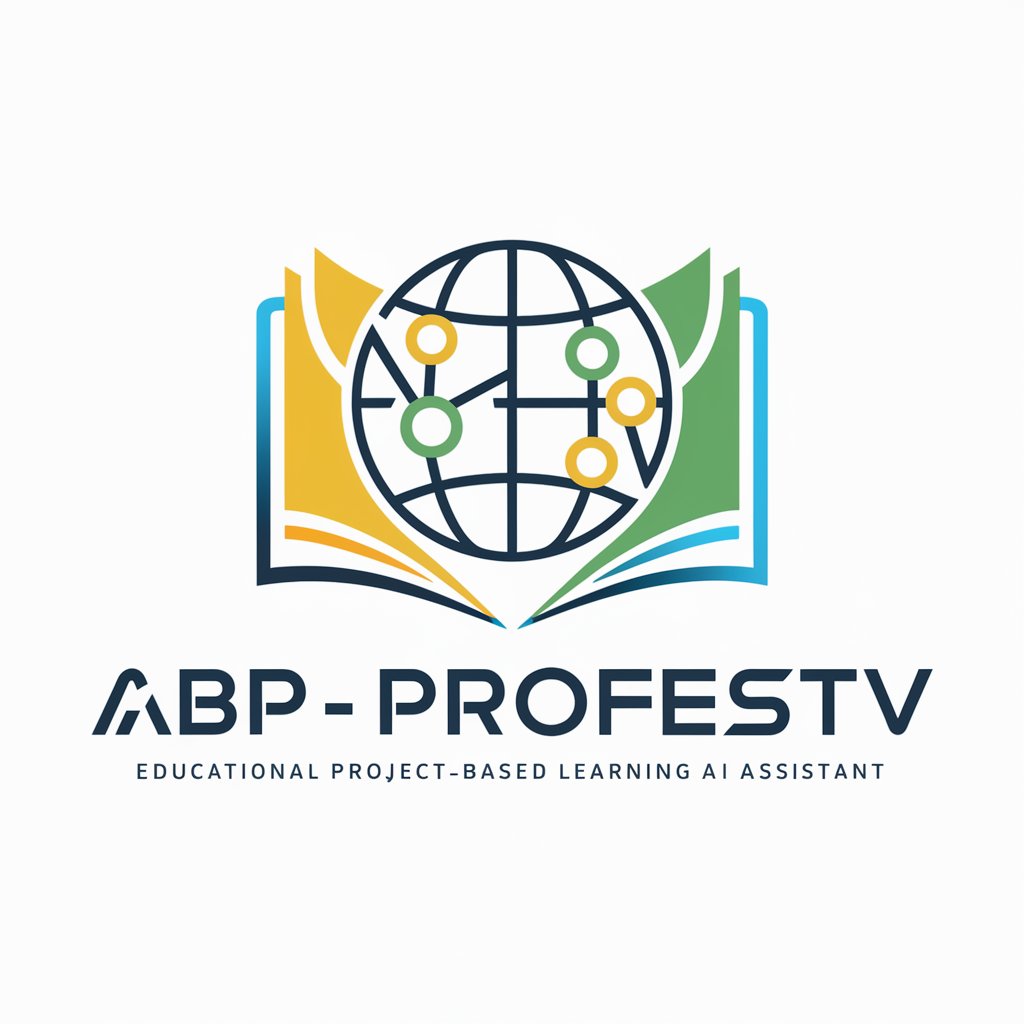
API Guardian
Empowering API Security with AI

RPGGPT Visual Storyteller
Unleash Your Imagination with AI-Powered Storytelling

Design Buddy
Empowering design through AI assistance
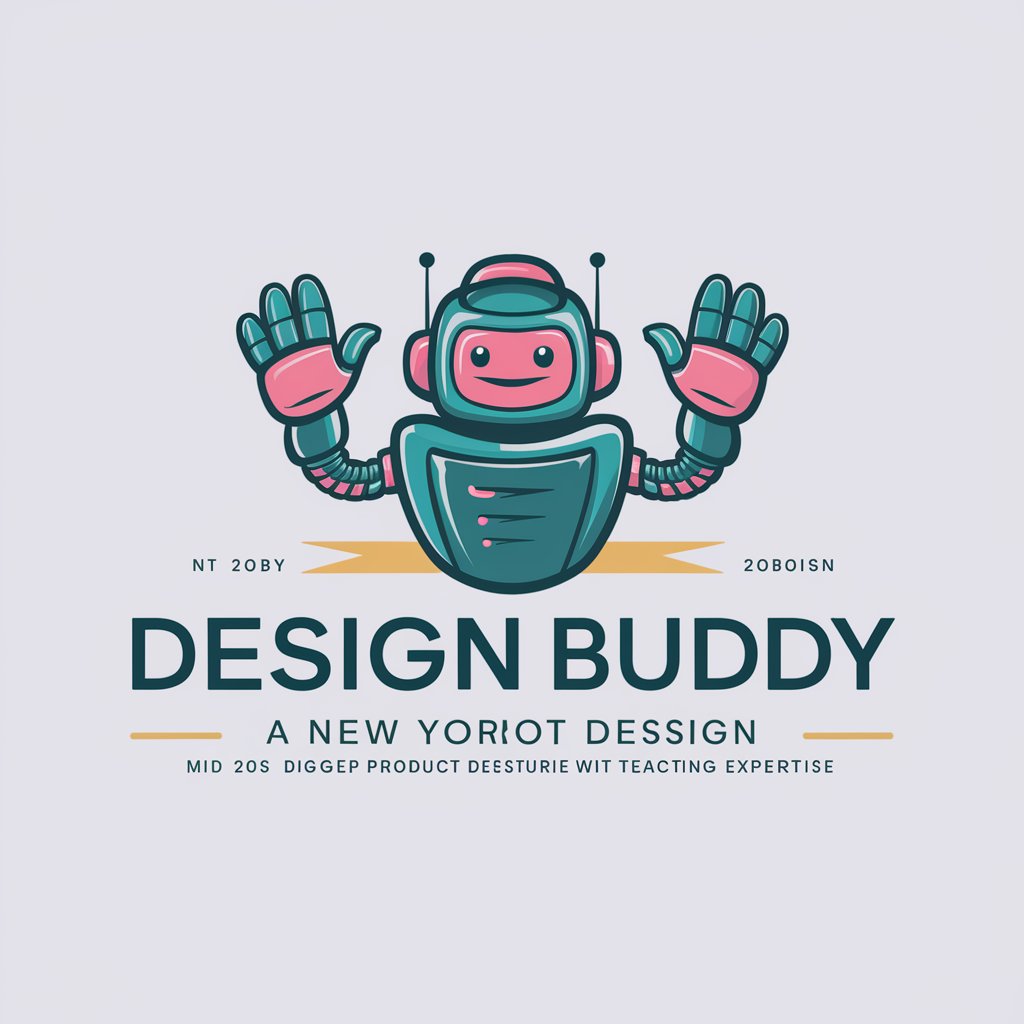
Technical Analysis Crypto Expert
Empowering Your Crypto Decisions with AI

Wolf of Email (BETA)
Revolutionizing Email Outreach with AI
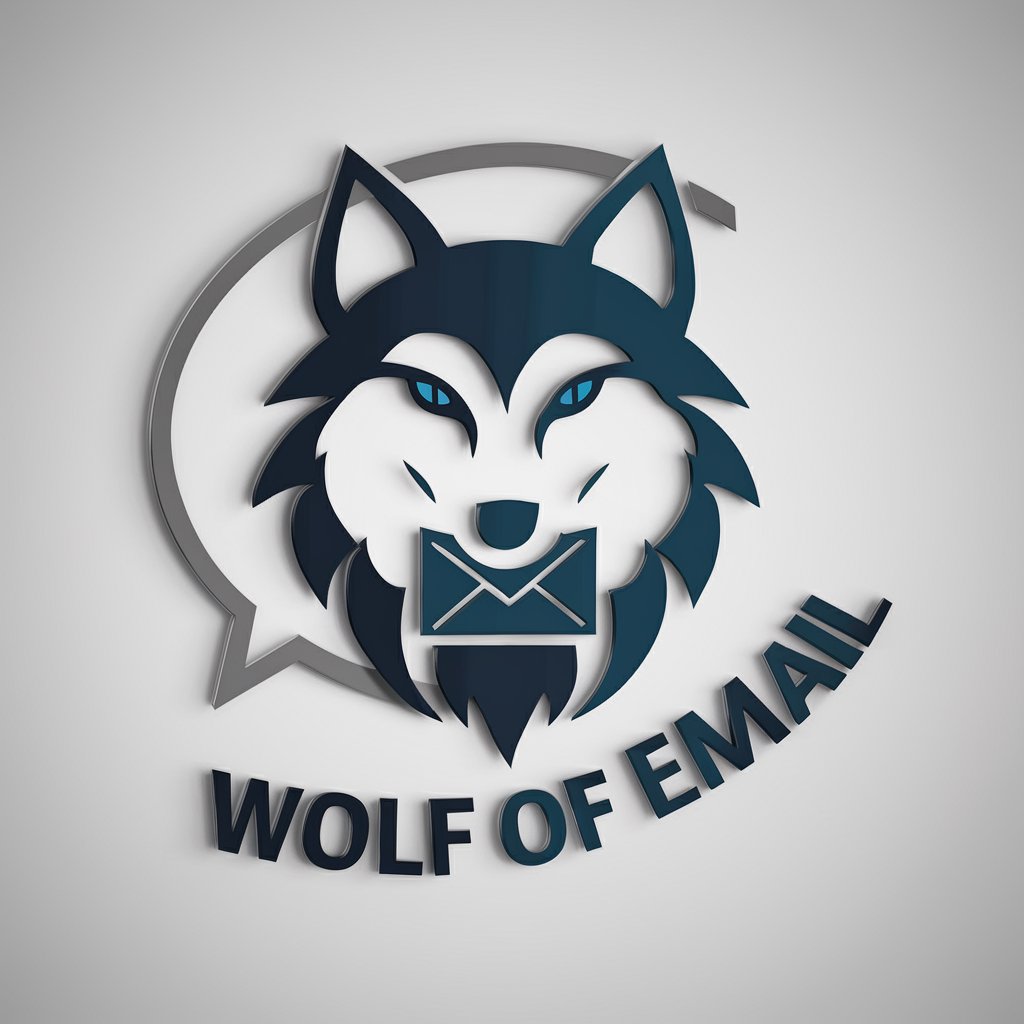
Frequently Asked Questions about OCR
What types of documents can OCR handle?
OCR can process various document types, including PDFs, images, scanned documents, and even documents with complex layouts, tables, and diagrams.
Is OCR capable of recognizing mathematical expressions?
Yes, OCR is equipped to accurately recognize and extract mathematical expressions, making it suitable for academic and research purposes.
How accurate is the text extraction with OCR?
OCR provides high accuracy in text extraction, but this can vary depending on the clarity and quality of the document.
Can OCR convert extracted text into different formats?
Yes, OCR can convert the detected text into various formats such as markdown, txt, json, or html, based on user preference.
Are there any tips for improving OCR accuracy?
For optimal accuracy, ensure the document is clear, well-lit, and free of obstructions. High-resolution images also yield better results.
